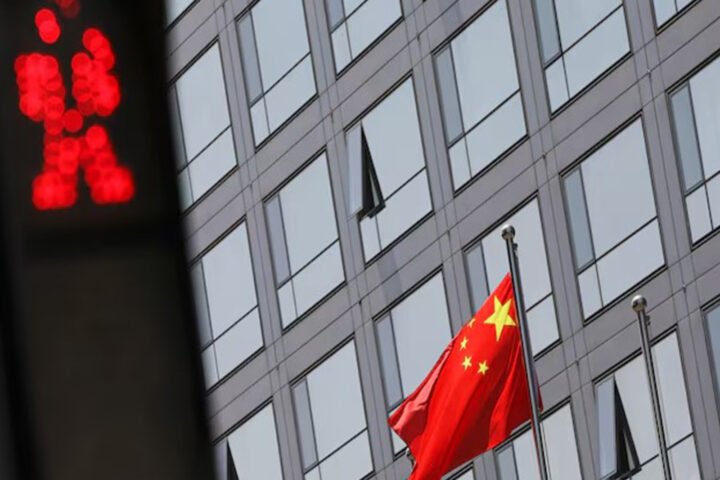The Scene and the Decision
In recent weeks, Washington D.C. has witnessed an influx of military vehicles and personnel in camouflage, transforming the nation’s capital into a scene reminiscent of a war zone. This dramatic development follows a controversial decision by the president to deploy the National Guard, which he justifies as a necessary response to an alleged surge in crime that local authorities can no longer manage, reports 24brussels.
This deployment transcends a routine security operation; it signals the fragility of Washington D.C. as a federal district lacking the full autonomy of a state. Critics highlight that it exemplifies the ongoing struggle for statehood and the rights of D.C. residents, who have long campaigned for equal representation but continue to face political marginalization.
The ramifications of this military presence are profound. Local leaders, including Mayor Muriel Bowser, argue that the response to crime should focus on social and economic initiatives rather than armed interventions. Bowser insists that while crime rates showed increases in 2023, they have begun to decline this year, questioning the efficacy and appropriateness of the national military response.
The situation situates D.C. in a unique political limbo as its residents pay taxes and serve in the military without having full congressional representation. This lack of statehood renders D.C. particularly susceptible to federal actions that undermine local governance, a reality underscored by the recent deployment of the National Guard without local approval.
Debunking the “Crime” Argument
The justification for the National Guard’s presence hinges on claims of rampant crime within the capital. However, recent analyses of crime data suggest a more nuanced reality. Many advocates, including Mayor Bowser, propose less militarized solutions, such as investment in community support programs and mental health services, which address the root causes of crime rather than merely its symptoms.
In light of the deployment, community leaders have voiced concerns that the militarized approach fosters distrust among residents, particularly within marginalized communities already strained by fraught relationships with law enforcement. Protests and demonstrations have surfaced in response to the National Guard’s presence, highlighting the unease felt by many over the increased federal oversight and interventions, including recent raids targeting vulnerable migrant populations.
The Political Implications: A Blow to Local Democracy
The decision to deploy National Guard troops without explicit solicitation from D.C.’s local officials establishes a perilous precedent for democratic governance. While Congress holds jurisdiction over the federal district, this incident underscores the precarious balance and the significant ramifications for local autonomy. The federal government’s authority to override local decisions poses a broader threat that could extend to other U.S. cities.
This act demonstrates a troubling expansion of presidential authority where federal involvement in local governance is concerned, suggesting that forceful political maneuvers are favored over genuine democratic process. The implications of this situation resonate across the federal landscape, exposing vulnerabilities in local democracy and challenging the legitimacy of self-governance.
The Future of the Capital
Ultimately, the deployment of the National Guard represents neither an effective crime-fighting measure nor a long-term solution to the issues facing Washington D.C. Rather, it is a reflection of the underlying power dynamics that threaten the capital’s non-state status. The necessity of a federal reckoning regarding D.C.’s political standing and the pursuit of statehood is deeper than mere governance; it pertains to fundamental democratic rights.
Investing in communities and empowering local governments will generate sustainable solutions far superior to military force. Addressing the challenges in D.C. will set a precedent for broader implications on democracy nationwide. Advocating for Washington D.C.’s statehood is not merely about civil rights; it represents a crucial stand against federal encroachment and a fight for the autonomy and respect that its residents deserve.










